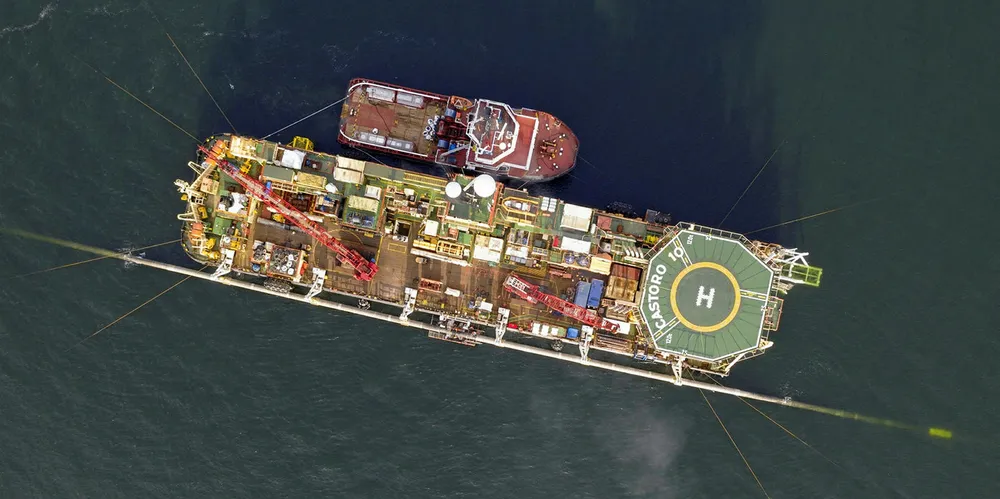Nord Stream 2 gas ‘fall-back option’ for German energy transition: government official
Secretary of state Feicht said as Germany is exiting nuclear and coal, it needs gas to guarantee security of supply before becoming 100% renewable

Secretary of state Feicht said as Germany is exiting nuclear and coal, it needs gas to guarantee security of supply before becoming 100% renewable
